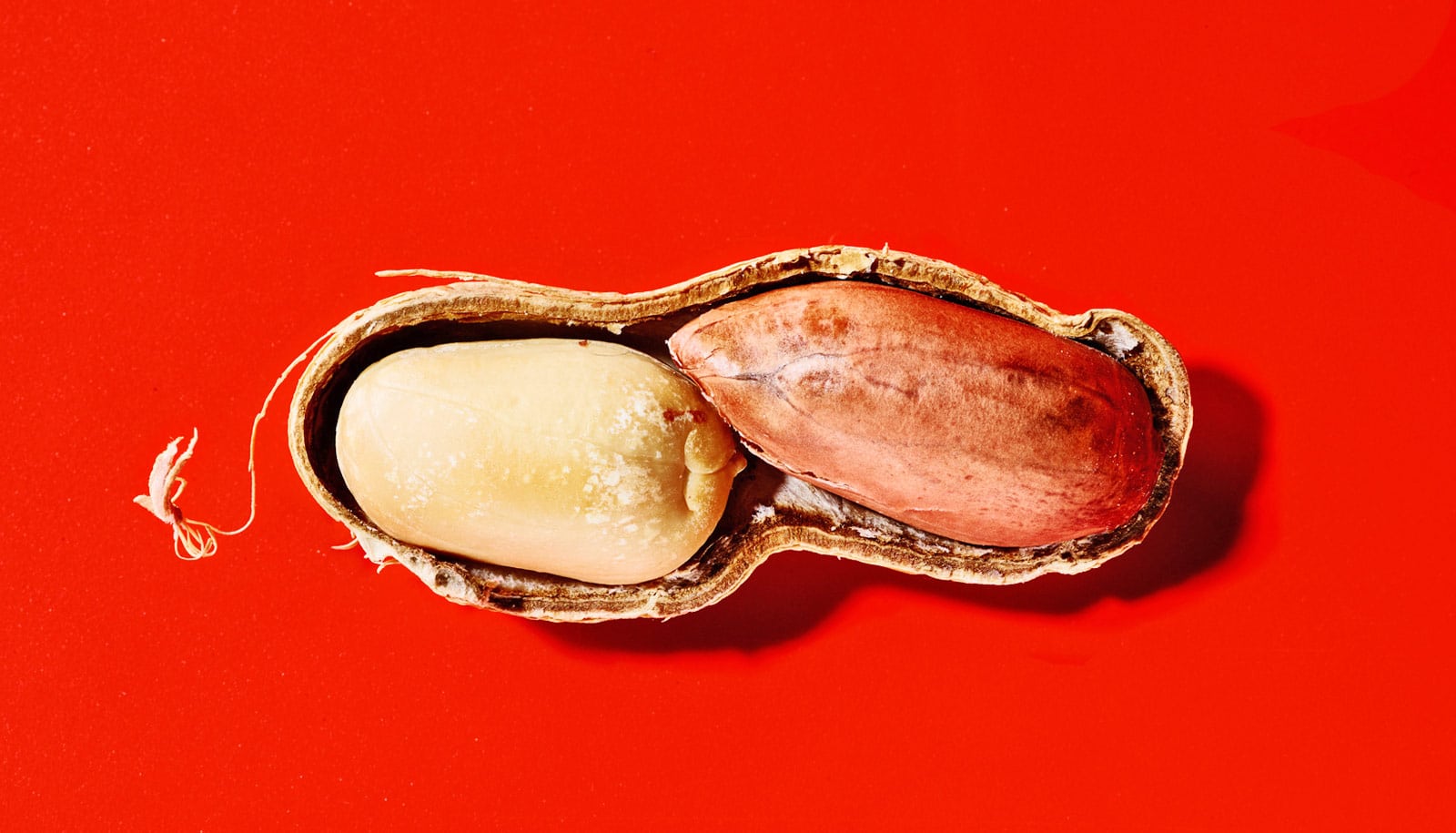One injection of an antibody treatment let people with severe peanut allergy eat a nut’s worth of peanut protein two weeks later, a small pilot study shows.
The study provides early evidence that the antibody is a safe, effective, and rapid food allergy treatment.
Such a treatment is badly needed. About 32 million Americans suffer from food allergies, which can develop at any point in life. The only existing treatment, oral immunotherapy, requires patients to eat tiny, gradually escalating doses of their food-allergy triggers under medical supervision. Desensitizing someone to their allergens with oral immunotherapy takes six months to a year, and can cause allergic reactions along the way.
In contrast, 73% of the people who received the antibody, all of whom had severe peanut allergies, could eat a modest amount of peanut protein 15 days after a single injection of the treatment.
Messing with interleukin-33
“What’s great about this treatment as an option for food allergies is that people did not have to eat the food to get desensitized,” says senior author, Kari Nadeau, professor of medicine and of pediatrics at Stanford University. “Although this is still in the experimental stages, we’re delivering on the hope of testing a drug that won’t be for one food allergy but for many, and for other allergic diseases, too.”
The antibody treatment, called etokimab, interferes with the action of interleukin-33, an immune-signaling molecule. IL-33 triggers a cascade of immune-system responses that culminate in allergic reactions. In someone with a peanut allergy, eating a bite of the legume causes IL-33 to activate a second immune actor, immunoglobin E. IgE is plentiful in those with allergies and fuels various aspects of the allergic response: mouth and throat itchiness, hives, breathing difficulties, and anaphylactic shock, which can be fatal.
In essence, activating IL-33 in someone with a food allergy is like a touching a match to a big pile of tinder. The antibody treatment has the effect of plunging the match into a bowl of water.
“By inhibiting IL-33, we potentially inhibit features of all allergies, which is promising,” Nadeau says. Etokimab has already been tested in people with other immune diseases, including asthma and eczema, she notes.
An effective treatment for peanut allergy?
In the double-blind study, 15 adults with severe peanut allergies received a single injection of etokimab, while five others, who also had severe peanut allergies, received placebo. Fifteen days later, participants tried eating a small amount of peanut protein under medical supervision.
In the etokimab group, 73% (11 of 15 people) could eat 275 mg of peanut protein—one nut’s worth—without an allergic reaction; no placebo recipients could do so. At day 45, 57% (4 of 7 people tested) in the etokimab group passed the food challenge; again, no placebo recipients did.
“We were surprised how long the effects of the treatment lasted,” Nadeau says.
People who received etokimab had less peanut-specific IgE in their blood at day 15 than placebo recipients, and also had changes in other immune markers that suggested the treatment temporarily provided a less-allergic immune profile. No participants in the trial reported severe side effects.
Next, researchers will repeat the study with many more participants and look for biomarkers that identify which individuals could benefit from the antibody treatment, Nadeau says. Scientists also need to determine the appropriate timing and dosing amount of the antibody.
A paper describing the findings appears in JCI Insight. Additional researchers from Stanford, University of Washington-Seattle, and AnaptysBio Inc. also contributed to the research.
Funding for the research came from the National Institutes of Health, AnaptysBio Inc., the Hartman Vaccine Fund, and the Sean N. Parker Center for Allergy and Asthma Research at Stanford University. AnaptysBio owns the antibody, etokimab, and provided it for the study. Stanford’s medicine and pediatrics departments also supported the work.
Source: Stanford University



